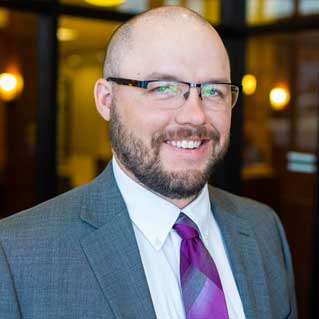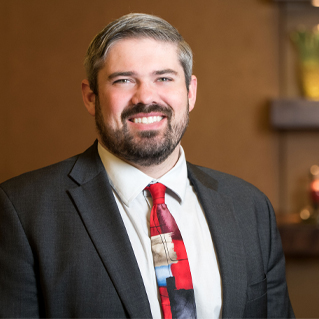Why Your Biological Children Might Not Be Your Best Heirs.
Estate planning isn’t just about dividing your assets among your descendants. It’s about ensuring that your legacy continues in the manner you envision. While traditionally, many people automatically designate their children as their primary heirs, there are compelling reasons why this might not always be the best choice.
Generational Shifts in Asset Management
With advancements in healthcare, it’s not uncommon for people to live well into their 90s and sometimes even beyond. This extended lifespan, while a blessing, brings with it unique challenges in estate planning.
Consider a scenario where an elderly grandmother has children who are in their late 60’s or 70’s. In such cases, it’s the grandchildren who are often in a position to truly benefit from and utilize ranch or real property assets. They’re at a stage in their lives where they might be buying homes, starting families, or even launching businesses.
Conversely, the grandmother’s children likely have already accumulated their own assets and are in a different phase of their lives. They may also not want to assume the responsibilities of ranch or agricultural real property management during their later years.
Evaluating Financial Responsibility & Family Dynamics
It’s essential to consider each potential heir’s financial responsibility. While some children might be adept at managing finances, others may struggle. Family dynamics also play a critical role. In families where there might be special needs child or unique circumstances, the traditional division of assets might not serve the best interests of all involved.
In addition to financial responsibility considerations, there are a number of practical considerations. Historically, ranches and other agricultural property was passed down to the next generation based upon the assumptions that the children would want to live in the same community and have an interest in actively managing operations. These assumptions often are no longer valid.
In many cases, children in the next generation may not have an interest in being actively involved in ranch operations, and instead want to pursue a career in another field. They may also want to take a job far from the ranch. If they will no longer live near the ranch, it may be difficult for them to assist in management, even if they are willing to do so. As a result, it will be best for the current ranch owners (or those who have an interest in the ranch) to carefully consider these and other matters before simply leaving the ranch in equal shares to children.
Making Informed Decisions
Choosing your beneficiaries isn’t a decision to be taken lightly. By working with experienced estate planning attorneys, you can ensure that your wishes are carried out in the best possible manner, considering all the nuances of your unique situation.
Your Legacy, Your Choice
Every family is different, and every estate plan should reflect that uniqueness. Let us guide you through the complexities of estate planning, ensuring that your legacy benefits those who truly need and can best utilize it.
























